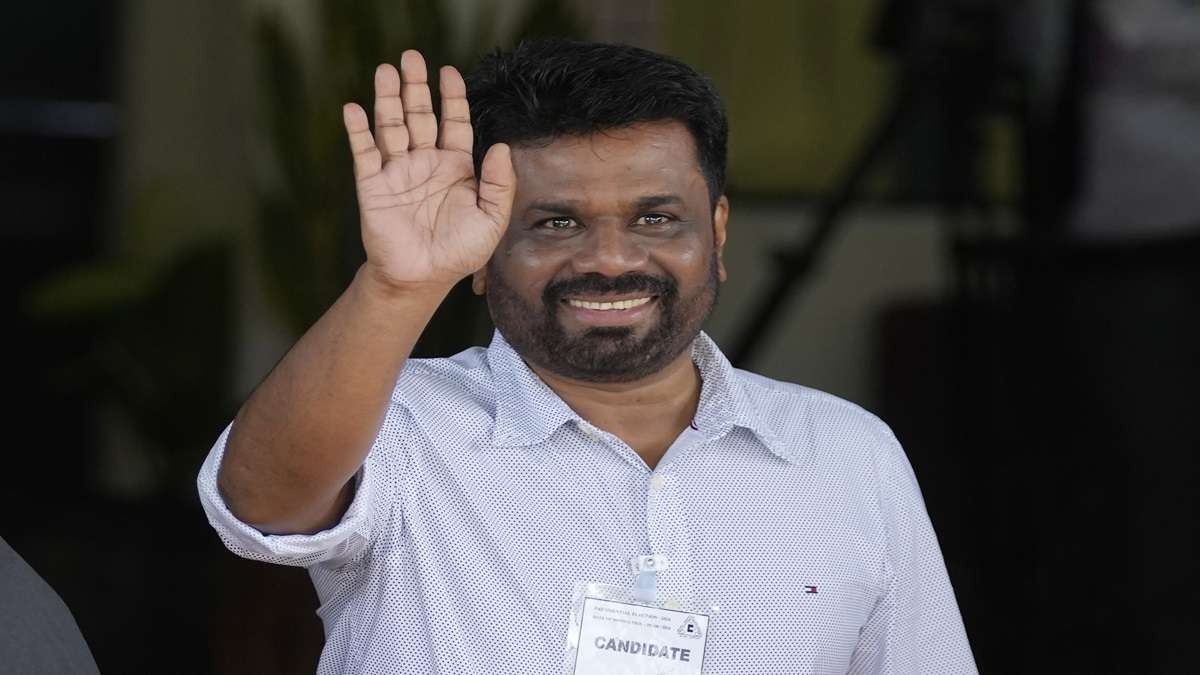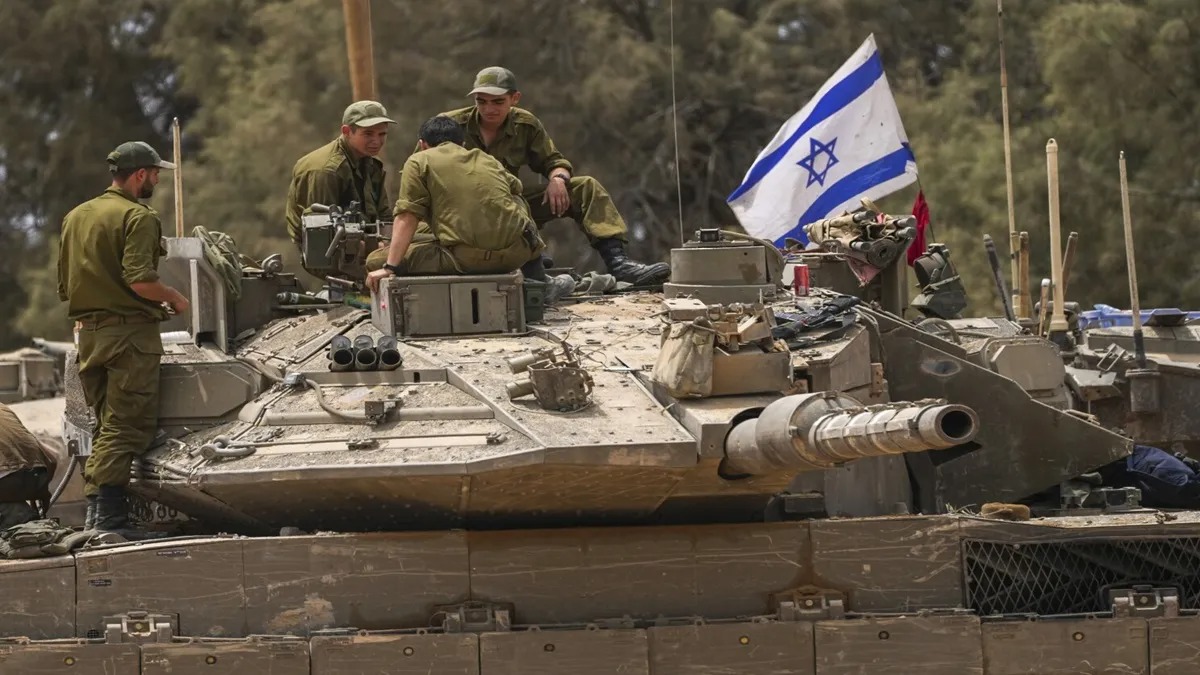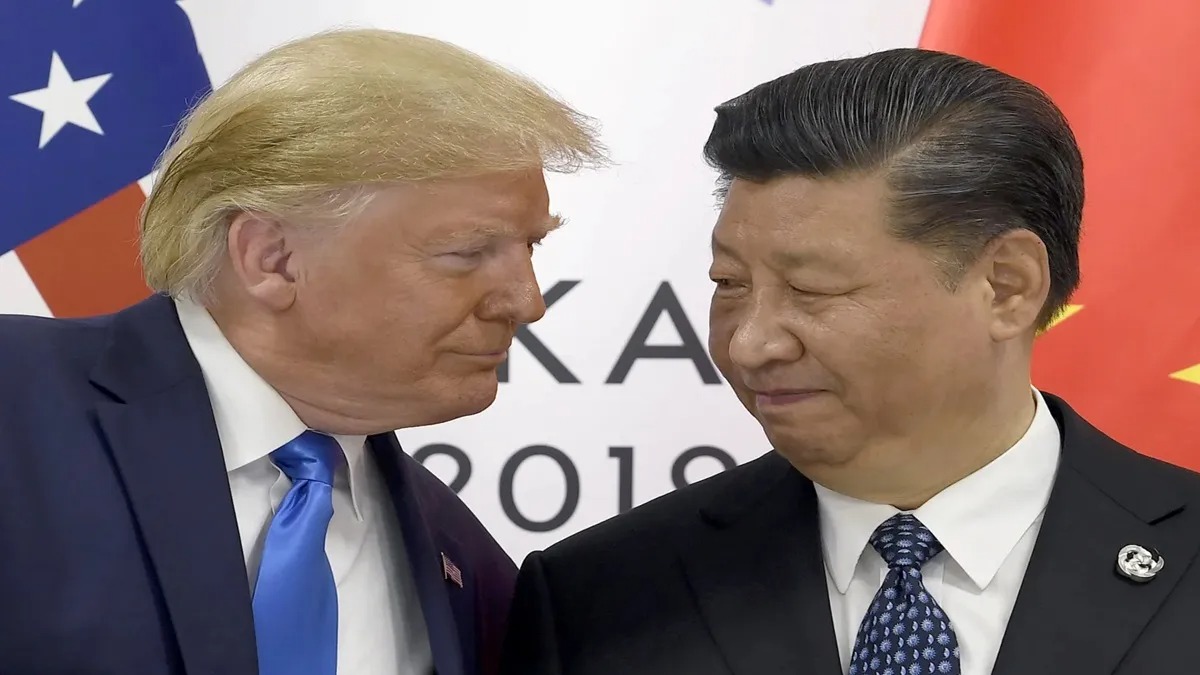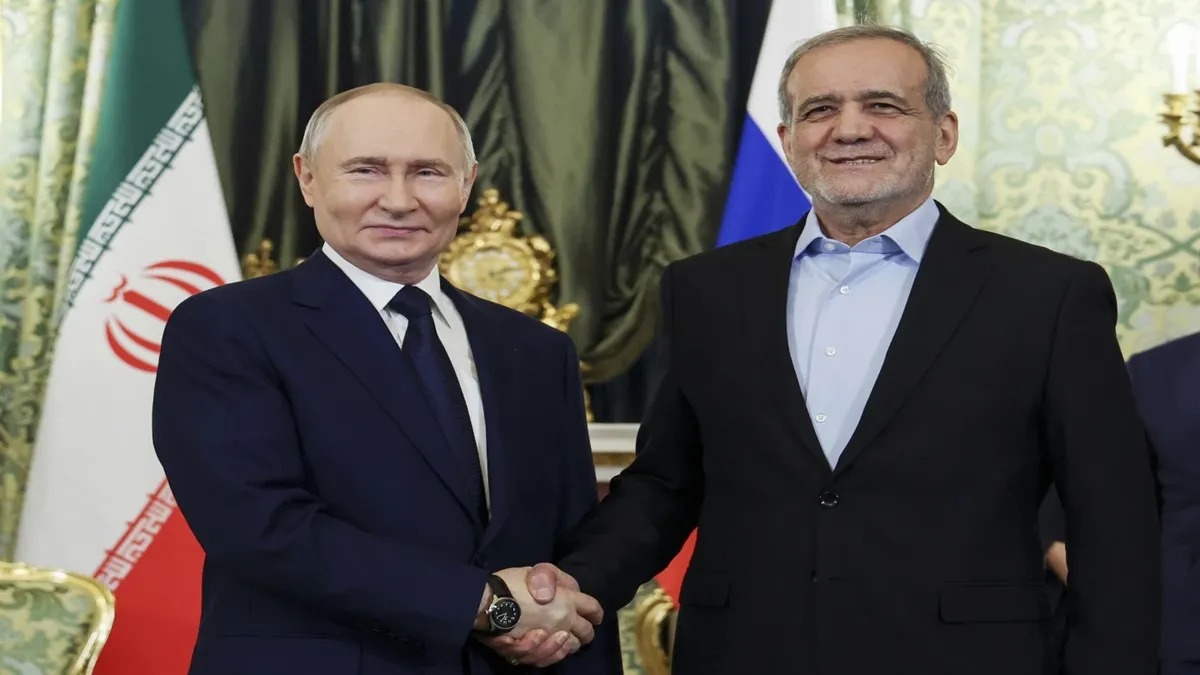
International: Marxist leader Anura Kumara Dissanayake was declared the winner of the Sri Lankan presidential election on Sunday by the country's Election Commission, following an unprecedented second round of vote counting. The 56-year-old leader, who heads the Marxist Janatha Vimukthi Peramuna party’s broader front, National People's Power (NPP), defeated his closest competitor, Sajith Premadasa of the Samagi Jana Balawegaya (SJB). Incumbent president Ranil Wickremesinghe was eliminated in the first round, as he failed to find a place in the top two candidates. Dissanayake will now become Sri Lanka’s 9th president.
The second round of counting was triggered after no candidate secured the required 50 per cent majority in the first round -- a first in the history of Sri Lankan elections, where previous presidential races have always been decided on first-preference votes alone. NPP said Dissanayake will take oath on Monday, September 23. Dissanayake polled 5.6 million or 42.3 per cent of the votes, a massive boost to the 3 per cent he managed in the last presidential election in 2019. Premadasa was second at 32.8 per cent after the first round of counting of ballots on Sunday.
Who is Anura Kumara Dissanayake?
Anura Kumara Dissanayake was born on November 24, 1968, in Thambuththegama. He hails from a humble background, with his father being a laborer and his mother a housewife. He attended local schools and became the first from his college to get admission to a university. Dissanayake became involved with the Janatha Vimukthi Peramuna (JVP) during his school years, playing an active role during the 1987-1989 JVP insurrection. Initially enrolled at the University of Peradeniya, he had to leave due to security threats but later graduated from the University of Kelaniya in 1995 with a degree in physical science.
Dissanayake quickly rose through the JVP's ranks, becoming a prominent figure in the party's leadership. In 1995, he was appointed National Organiser of the Socialist Students Association and became a member of the JVP's Central Working Committee. By 1998, he had secured a place on the JVP Politburo. During this period, the JVP re-entered mainstream politics under Somawansa Amarasinghe, initially supporting Chandrika Kumaratunga's government, though they soon turned into outspoken critics of her administration.
Dissanayake became cabinet minister
In 2004, Dissanayake was appointed cabinet minister under President Kumaratunga, managing agriculture, livestock, land, and irrigation. However, in 2005, he and other JVP ministers resigned in protest against a joint agreement between the government and the LTTE for tsunami relief coordination.
Dissanayake succeeded Somawansa Amarasinghe as the JVP leader in 2014 and ran as the party's presidential candidate in 2019, securing third place with 3 per cent of the vote. Known for his sharp criticism of Sri Lanka's economic policies, he has opposed the conditions set by the International Monetary Fund (IMF) and advocated for renegotiations to reduce taxes like the Pay-As-You-Earn tax and to eliminate VAT on essential items.
--Advertisement--

 Desk
Desk Share
Share






